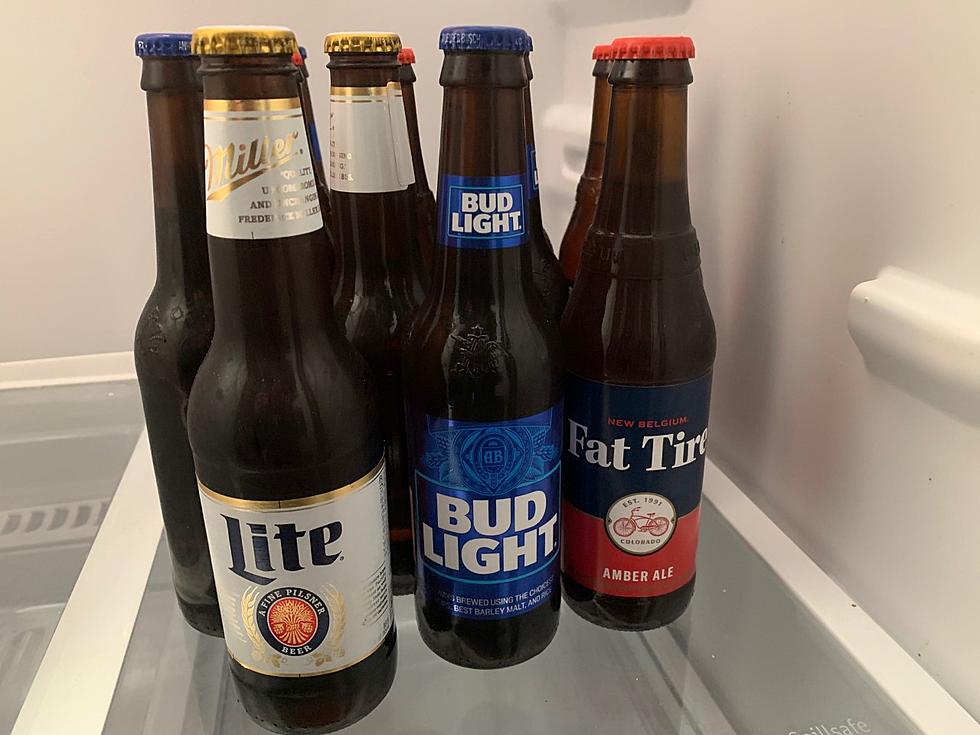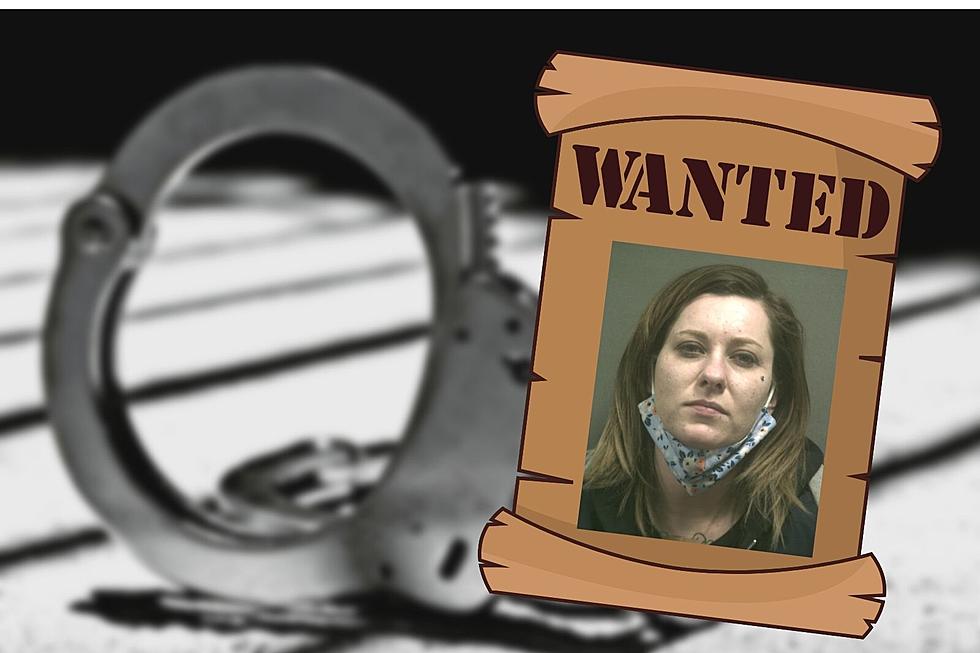![The Face Of Addiction In The Texas Panhandle – Prescription & Alcohol Addiction [SERIES]](http://townsquare.media/site/196/files/2011/08/flickr-spiritnme.jpg?w=980&q=75)
The Face Of Addiction In The Texas Panhandle – Prescription & Alcohol Addiction [SERIES]
Addiction in the United States is still a huge problem and kills over 500,000 people each year. Some people think that the addiction epidemic has not reached the smaller communities like Amarillo, but it has. As someone who is a recovering addict, I know all to well exactly how devastating the effects of drug use are.
There are many different types of addiction. Drugs & alchohol, sex, pornography, food, gambling, gaming, and many more. Some of these are completely legal and that makes battling these addictions even more difficult. Unfortunately, the fact that something is illegal has never stopped people from becoming addicted to it.
There are ways to live a Clean & Sober lifestyle and learn to enjoy life without the use of mood changing mind altering substances. Two of the more popular programs are Alcoholics Anonymous and Narcotics Anonymous. These are 12 Step programs that when willingly followed and pursued, greatly increase the chances of long-term
sobriety.
Addiction To Prescription Medications and Painkillers
Addiction to prescription medications and painkillers has been on the rise over the last decade as they are "legal" and doctors prescribe these freely.
Whether people buy them from the dealer on the street or "doctor shop", these drugs are killing people at an alarming rate. Many younger people are trying or addicted to these drugs as well. It's as easy as opening up their parents medicine cabinet after a surgery or tooth extraction and they have an easy source to these narcotics. There have been recent campaigns for parents to discard old prescriptions and lock up their current prescriptions to keep them out of reach of their adolescent children.
The sad thing about addiction to prescription painkillers is that most people who become addicted to these medications are seeking relief from real and sometimes chronic pain conditions. Car wrecks, knee surgeries, back problems, hip replacements are just a few reasons why people are prescribed pain killer medications. Before it's all said and done, many are left with a dependence on the very drugs that helped them recover from these ailments. Sadly, this dependence can turn into full blown addiction and many times leads to overdose and death.
Alcohol Addiction
Alcohol is a very addictive drug and is responsible for more than 90,000 deaths in America each year.
While many people go out every single night and hit the bar or happy hour, it doesn't take away from the fact that alcoholism can be a crippling addiction.
From my experience, that's how it starts. Hanging out with friends and going to the club. Basically "Having a good time" with the guys. Then, having some drinks at lunch turns into a regular lunch time intoxication. Then as the disease progresses bars and clubs tend to be phased out while drinking alone and seclusion replace the "having a good time" experience. There comes a point when it is no longer fun, but a necessity in order to live and function.
The fact that alcohol is legal and socially acceptable makes it a very dangerous and lethal drug. It is very easy for anyone over the age of 21 (and sometime under that age) to go to the local pub or night club and obtain alcohol. That, in itself, has proven to be a deadly scenario.
Addiction Treatment In Texas
I had a chance to speak with JD (Addiction Counselor) at the MASH unit at the Managed Care Facility in Lubbock Texas. I asked him which of the prescription drug cases had they seen walking in the doors at Managed Care.
"Opiates, definitely" Said JD. "Mostly Loritab, Oxycontin, Oxycodone & Methadone." I asked how long it takes to detox someone from an opiate addiction. "Normally 6-7 days to detox from opiates".
I asked him about benzodiazepines (xanax & valium). "Benzos require a longer detox (14-25 days) as they have a longer half life and stay in your system." He said. "Hospitalization is normally the safest way to detox from benzos, or weening down under the supervision of a primary care physician."
I asked JD about the detox from alcohol. "Detox from alcohol can be fatal and is one of the most dangerous of all drugs to detox from".
We continued to talk about the facility there and he explained about how lowered funds have largely cut back on the amount of addicts they are able to treat. "Last year we treated 800 people and this year we will treat about 400." JD said.
"In all, we have about a 15-20% revisit rate of clients that come back after leaving the treatment center." He said. "Further than that it is hard to track a relapse rate, as you can't completely keep track of people. The most important thing is being willing and able to follow direction."
Managed Care in Lubbock is a prevention & substance dependency treatment center.
You can contact the Managed Care Facility At:
More From NewsTalk 940 AM









